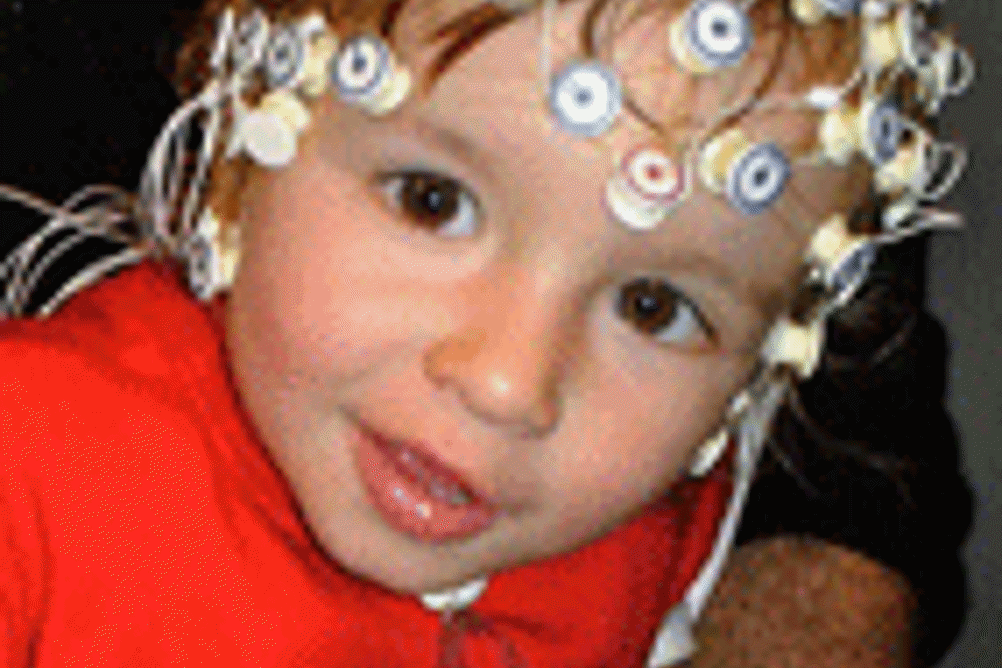
A team from the Centre for Brain and Cognitive Development at Birkbeck University in London, co-led by the Centre for Research in Autism and Education at the Institute of Education, measured the brain activity of babies aged six-ten months old at greater risk of developing autism because they had an older brother or sister with the condition.
Sensors were used to measure children’s brain activity while they were shown faces that switched from looking at them to looking away from them or vice versa.
The usual response of the human brain is to show characteristic patterns of activity in reaction to eye contact with another person, whereas older children diagnosed with autism show unusual patterns of eye contact and brain responses to social interaction such as eye contact.
Register now to continue reading
Thank you for visiting Nursery World and making use of our archive of more than 35,000 expert features, subject guides, case studies and policy updates. Why not register today and enjoy the following great benefits:
What's included
-
Free access to 4 subscriber-only articles per month
-
Unlimited access to news and opinion
-
Email newsletter providing activity ideas, best practice and breaking news
Already have an account? Sign in here









